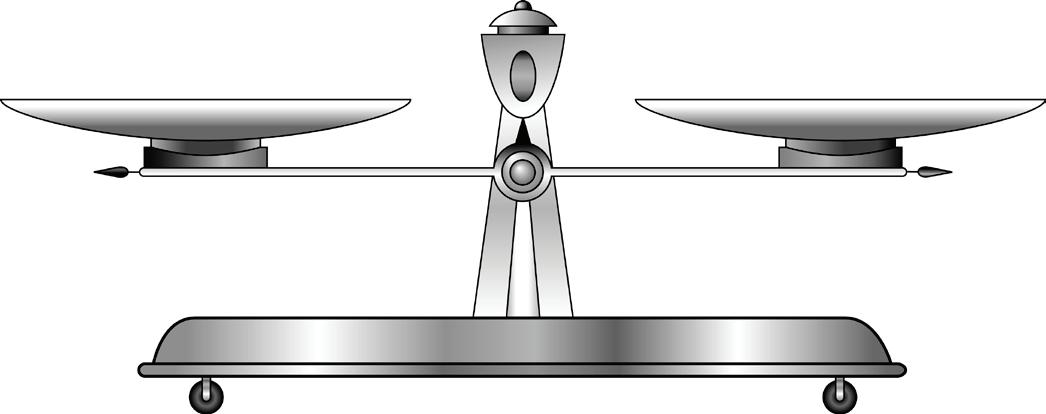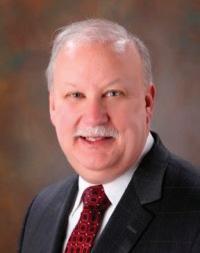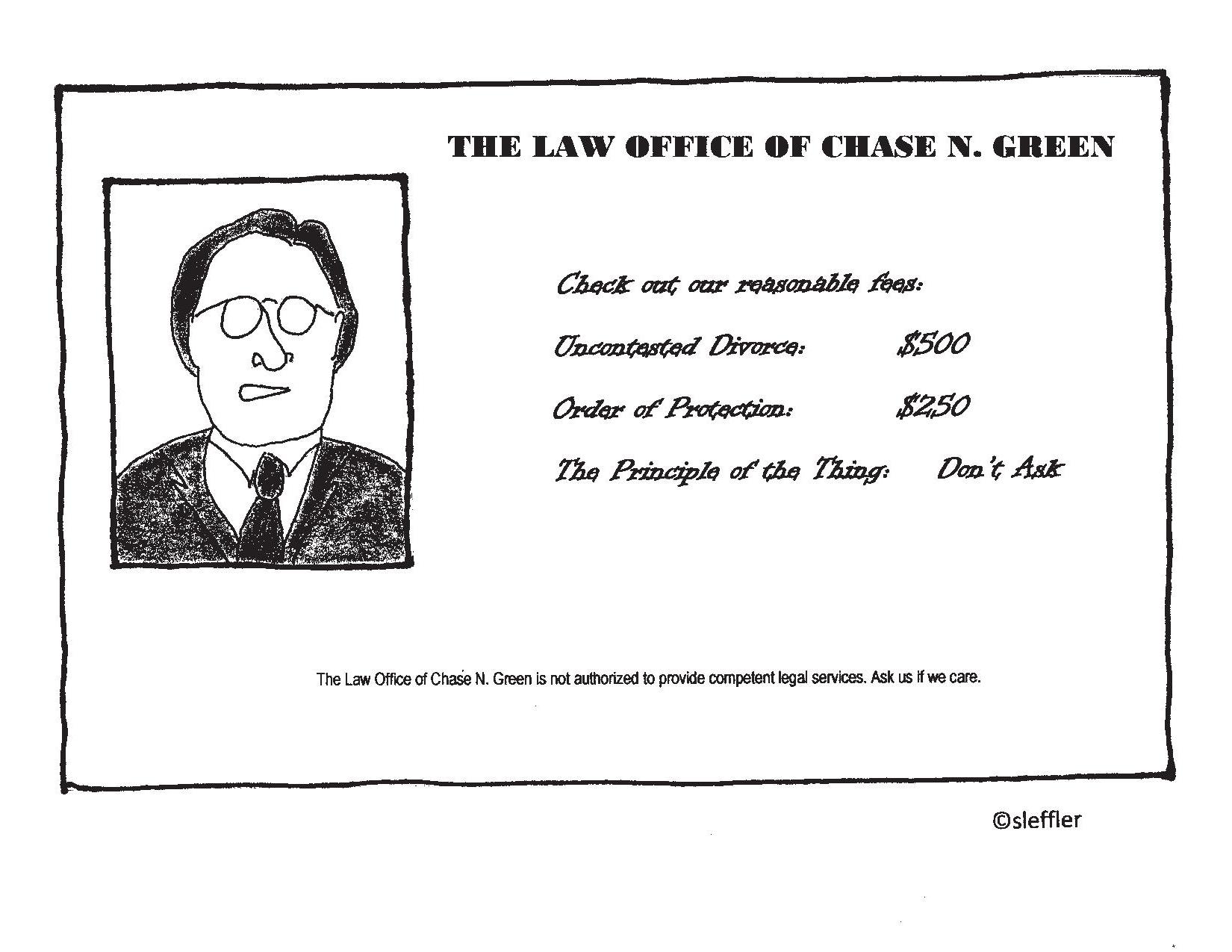
6 minute read
901LegalConnect:The Connection for Such A Time as This
By ASHLEY JEFFERSON
Advertisement
“Members of our community who need civil legal assistance often have no idea where to start.” - Cindy Ettingoff, CEO of Memphis Area Legal Services
“901 LegalConnect reflects our efforts to further access to legal services in this digital age.” -Anne Mathes, Executive Director of Community Legal Center
Taken together, these statements reflect the intersection of the long-standing barriers that the poor and working poor face while trying to obtain legal assistance and how technology can be used to mitigate some of those barriers for underserved Memphis residents.
In 2019, Twenty-eight percent (28%) of Memphis residents were living below the federal poverty level. There is often a great need for legal assistance, but many individuals and families struggle to find legal help. As a matter of fact, the 2017 Justice Gap Report, published by Legal Service Corporation, revealed that eighty-six percent (86%) of civil legal problems reported by low-income Americans received little or no legal help. When individuals cannot afford a lawyer, they often resort to self-help remedies and appear before the court to represent themselves as pro-se litigants. Indeed, courts understand that pro-se litigants are ill-equipped to navigate the judicial system, but the courts cannot treat pro-se litigants differently from represented parties. Pro-se litigants must comply with the same rules as those represented by an attorney; and unfortunately, when forced to comply with the rules, pro-se litigants often face harsh results. They leave the courthouse frustrated, believing that the justice system has let them down. More help is needed to ensure that vulnerable, underserved populations have access to adequate representation in civil courts. However, many cities have only one legal service provider to offer free or low-cost legal assistance.
Fortunately, Memphis has two legal service providers to assist residents who cannot afford an attorney. Memphis Area Legal Services (MALS) and Community Legal Center (CLC) are the two primary legal service providers that provide free to low-cost legal assistance to the city’s poorest of the poor and the working poor. However, even with these free to lowcost legal resources, MALS and CLC cannot always accommodate the growing need for legal assistance among the city’s poor and working poor.
Together, MALS and CLC received over 18,000 calls for legal assistance in fiscal year 2018, but they were only able to assist approximately 6,000 applicants who requested help. At the same time, many of the calls for assistance came from individuals who had issues outside their scope of service or failed to meet the
financial qualifications for assistance. MALS and CLC were faced with a unique, two-fold challenge. First, how could each organization quickly and efficiently connect with the appropriate clients who have the requisite financial qualifications and legal issues? Then, how could they eliminate the necessity for clients to contact multiple organizations to find out if they qualify for help? Such unique challenges required a unique solution. In response, the Memphis Bar Foundation, MALS, and CLC joined forces to create 901LegalConnect, a codeless web-application platform (web-app), to serve as the first point of contact for anyone in need of free to low-cost legal assistance. 901LegalConnect is a mobile responsive web-app that launched on February 6, 2020 with welcomed reception from the Greater Memphis community. The web-app is accessible via smartphone browser, tablet, or desktop. If residents don’t have access to a smartphone, tablet, or computer, they can access 901LegalConnect at public access stations like the Memphis public libraries, Shelby County Chancery Court, or the Shelby County Court House law library.
901 Legal Connect is funded by the Tennessee Bar Foundation’s Tennessee Legal Initiatives Fund (TLIF) as part of an $8.5 million grant fund that came from a consumer relief settlement between the Department of Justice and Bank of America Corporation.
As the first point of contact, 901 Legal Connect was designed to reduce the number of individuals who are routed to the incorrect legal service provider. The web-app pre-screens each applicant to collect information about their finances and legal issues to determine if they qualify for assistance and from which legal service provider. Qualifying applicants are routed to either MALS or CLC, and their intake coordinators complete the intake process to determine if the matter can be accepted. Non-qualifying applicants receive a list of additional legal resources in the area that could possibly help with their legal issue. 901LegalConnect creates a win-win for both applicants and MALS and CLC. Now, applicants know in as little as 20 minutes if they qualify for legal assistance by completing one application, and MALS and CLC receive only qualified applications, which increases their capacity to assist underserved residents.
Preliminary reports show that 901LegalConnect has improved the efficiency of connecting applicants to the appropriate legal service providers. With the first month of 901LegalConnect’s launch, residents submitted 241 applications, and the number of inappropriate client applications was reduced by thirty percent (30%). Furthermore, MALS and CLC intake coordinators report that it takes less time to complete the final eligibility screening that determines if the applicant’s matter can be accepted. While 901LegalConnect is not the first and only online legal intake application in the state of Tennessee, it is distinguished from similar online applications in other states by one unique feature. Upon completing the applicant questionnaire, 901LegalConnect immediately informs applicants if they meet the minimum qualifications for legal assistance, which again takes 15 to 20 minutes. Learning of preliminary eligibility is important because time is critical in many of these situations. If an applicant knows their eligibility status when the application is submitted, they benefit from knowing their status upfront, so they don’t lose valuable time to seek out additional resources.
The applicant eligibility feature will be critical in serving the increased number of individuals and families who will require legal assistance as a result of the loss of income from the COVID-19 crisis. As of May 3, 2020, sixty-five thousand unemployment claims have been filed in the Memphis area. Thus, it is likely that many of the individuals who filed unemployment claims will have some legal issue arise, whether it be eviction, garnishment, or wage attachment. MALS recently reported that it now receives an additional 20 calls per day for assistance. Considering this crisis, 901LegalConnect couldn’t have come at a better time to the Memphis community. In the span of a month, life as we knew it was completely upended. As a result, businesses and schools were forced to close overnight. This unprecedented event meant that countless individuals and families found themselves unemployed without any other sources of income to take care of their necessities such as housing and food.
The Tennessee Supreme Court issued a moratorium on in-person court appearances for evictions, garnishments, and attachments. This provided a limited reprieve to those who have experienced financial loss. The previous moratorium was extended to May 31. No one knows if the court will grant another extension. However, the moratoriums will eventually expire, and the courts will reopen. Thus, it is reasonably foreseeable that many landlords and creditors will seize this opportunity and rush to the courts en masse to file lawsuits for evictions, garnishments, or bank levies. This is evidenced by the 7,000 filings within Shelby County General Sessions Court since the suspension.
As a result, additional individuals will need access to free to low-cost legal assistance; this includes individuals and families who would not have previously qualified for assistance from MALS or CLC. They will need to access this assistance quickly and efficiently without multiple contacts between agencies because each day counts at the point that these issues arise. With the help of 901LegalConnect, MALS and CLC are strongly positioned to serve the overwhelming needs of the community quickly and efficiently, mitigating some of the fear and frustration that has gripped our community. Perhaps, 901LegalConnect was created for such a time as this.
Instead of referring individuals in need of free or low-cost legal assistance to contact the MBA, MALS, or CLC, they should now be instructed to go www.901LegalConnect.org to submit an application for assistance.








